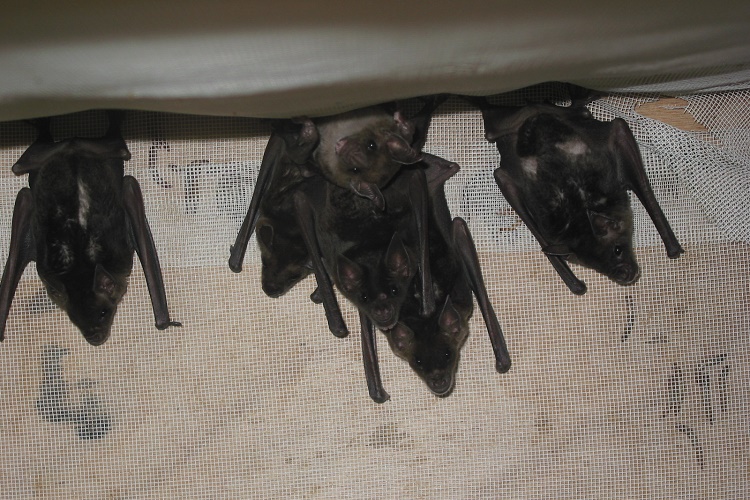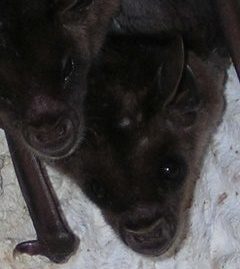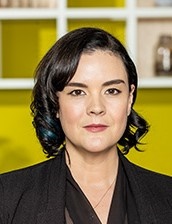
The way bats communicate is to form part of a £1.5m seven-year study to shed light on the evolution of human language.
The funding, announced by the UKRI Future Leaders Fellowships scheme, will allow Dr Sonja Vernes to examine the vocalisations of bats, and by comparing them with other mammals, to understand more clearly the mechanisms by which human language has evolved.
Dr Vernes, currently of the Max Plank Institute and the Donders Institute for Brain Cognition and Behaviour in the Netherlands, will begin the project at the University of St Andrews in November.
The project will specifically explore the behavioural abilities bats have to learn new vocalisations in a social context and compare these with other vocal-learning mammals such as seals and dolphins.
 The research team, led by Dr Vernes, will investigate the neurobiological, molecular and genomic factors contributing to these abilities and then integrate findings from human language disorder studies to identify parallels between the mechanisms that allow these social-vocal communicative behaviours in bats and other mammals to those that underscore human language abilities and evolution.
The research team, led by Dr Vernes, will investigate the neurobiological, molecular and genomic factors contributing to these abilities and then integrate findings from human language disorder studies to identify parallels between the mechanisms that allow these social-vocal communicative behaviours in bats and other mammals to those that underscore human language abilities and evolution.
Dr Vernes said: "Our ability to communicate via spoken language requires a complex skill set built upon cognitive and physiological processes.
"Bats present a unique opportunity to shed light on these issues because they are an extraordinary group of animals with intricate social structures and communication abilities.
"They feature speech and language relevant traits such as vocal learning - the ability to learn new vocalisations, a crucial component of how we learn to speak.
"However, this potential has rarely been exploited. My goal is to use bat models to understand the biological encoding of social-vocal communication abilities.
"By comparing these findings with other mammals and with humans, it will be possible to shed light on mechanisms by which human language evolved."

The £1.5m grant will fund the first four years of the seven-year project, with further funding to follow.
Future Leaders Fellowships is a £900 million fund that is helping to establish the careers of world-class research and innovation leaders across UK business and academia.
Professor Frank Gunn-Moore, Head of the School of Biology at the University of St Andrews, welcomed the announcement.
He said: "We are delighted to welcome Dr Vernes and this very exciting project to St Andrews in November."






